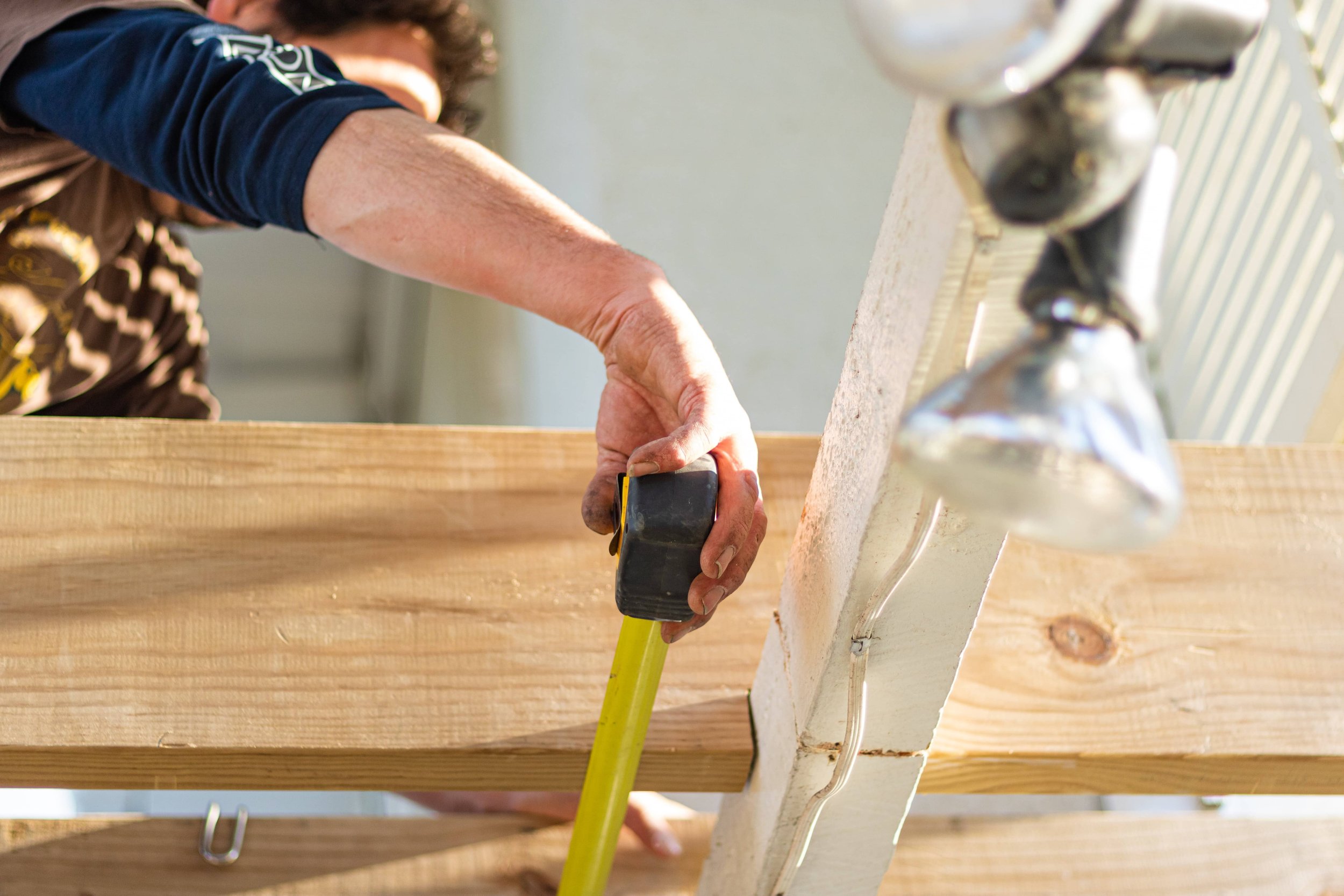What is a Bill of Quantities? Do I need it?
It’s common when going through a renovation process to be lost with all the construction jargon that gets thrown at you. In this post we’ll help you understand the Bill of Quantities. What is it? Do you need one? And if so, when and who writes it?
What is a Bill of Quantities?
A Bill of Quantities (or BoQ) is a document which quantifies and measures every item needed for a construction project. In short, it is a detailed list of everything a contractor would need to build your project. Bill of Quantities are very useful for large complex projects for which it can be difficult to compare contractors’ price estimates.
Although Bill of Quantities can take several forms, they do tend to follow formal templates that are accepted within the industry. Most commonly in the UK, the “Standard Method of Measurement” (or SMM7) is widely preferred.
Bills of quantities are more appropriate on larger projects. On smaller projects such as extensions or renovations projects, you could expect your contractor to identify themselves what they would need for the works just using drawings and a schedule of works.
When is a Bill of Quantities needed?
Tender
When looking for the ideal contractor for your project, the best practice is to contact at least three different companies and ask them to provide you with a quote to compare. Using a Bill of Quantities is a useful tool if you want all the contractors to price the same items and quantities (rather than having them assume quantities based on drawings). It is also a very fair and easy way to compare contractors. It could also potentially save time during the tender process as contractors don’t have to write their own bill of quantities and can just apply their rate to each item. It is a very fair way to choose a contractor hence why public projects often have a Bill of Quantity.
Reducing Cost (Value Engineering)
A Bill of Quantities makes identifying the items that cost the most in a project very easy and therefore it’s a useful tool when trying to reduce some of the cost in a project.
For example a Bill of Quantity could help someone identify that the type of insulation they are planning to use is very costly and using an alternative could save them significant money. This would be harder to spot when using a Schedule of Works which would typically group the insulation with other wall elements.
Contract
Following the tender phase, you should have chosen a contractor with whom you will want to sign a contract fixing the cost and timeline. Some documents and drawings’ including sometimes a Bill of Quantities, will form part of that contract, fixing the design and cost to what has been drawn and written. This means the price should be fixed unless a variation comes up.
What should be included in a Bill of Quantities?
Simply, a Bill of Quantites should include every single element that will be needed when building your project. In order to do that, quantity surveyors tend to use pre-made templates that break down a project into small categories. These categories would typically include preliminaries, groundwork, masonry, windows, electrical works, etc…
Within these categories items would be listed, which would all have a short description, the quantity and the unit of measure.
Who writes a Bill of Quantities?
Typically, a Bill of Quantities is produced by a quantity surveyor, a civil engineer or a cost consultant. They use the architect’s or designer’s drawings and documents as a base to measure and quantify the project, before giving it to a contractor during the tender process.
Most contractors write their own Bill of Quantities during the tender process in order to price the job, so by giving them one ahead, you can potentially save time.
We wouldn’t recommend drafting a BoQ yourself as they, by nature, need to be very precise, and mistakes could be costly. Instead, we would recommend you try the Schedule of Works route which can be much more forgiving and is more flexible.
What is the difference between a Bill of Quantities and a schedule of works?
Although Schedules of Works and Bill of Quantities are trying to achieve the same thing, a BoQ is a lot more detailed and every single item is quantified. You could largely write your own Schedule of Works, we wouldn’t recommend you try writing a bill of quantities.
If you’d like to know more about what’s required for your renovation project and you’d like to try managing it for yourself, we have a complete guide to help you!
Free guide – Understand your renovation project
You’ll learn all about:
Cutting costs and budgeting
Renovation timeline & keeping on track
And getting contractors that you can trust



